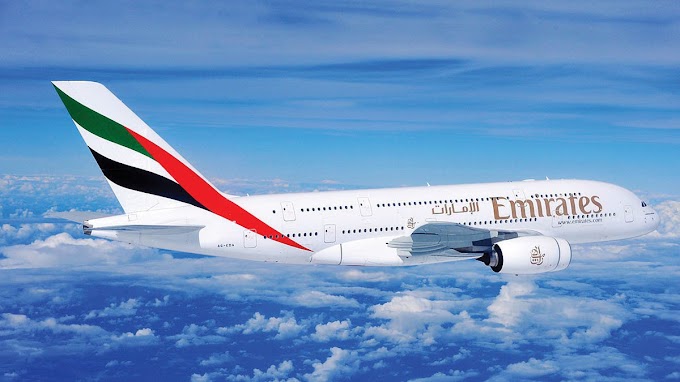No, flight prices do not necessarily go up the more you search for them. The myth that airlines increase prices based on your search history or the number of times you have searched for a particular flight has been debunked. Here are some points to consider:
Airlines use dynamic pricing algorithms to adjust ticket prices based on a variety of factors, including supply and demand, seasonality, competition, and even weather patterns.
Your search history may be used to personalize your search results or show you targeted ads, but it is not used to adjust the price of a particular flight.
Airline pricing can be complex and unpredictable, and prices can fluctuate frequently based on a variety of factors, so it's important to monitor prices over time to find the best deal.
However, it's possible that you may see higher prices if you repeatedly search for the same flight within a short period of time, as this can indicate high demand for that flight and trigger price increases.
To avoid potential price increases, it's recommended to use incognito or private browsing mode when searching for flights, clear your browser cookies, or use a different device or IP address.
It's also important to compare prices across different airlines and booking platforms, as prices can vary greatly depending on where you search.
Other factors such as the time of day, day of the week, and seasonality can also affect flight prices, so it's important to be flexible and consider alternative travel dates if possible.
Consider signing up for price alerts or using a fare tracking tool to monitor prices over time and receive notifications when prices drop.
Booking your flight in advance can also help you save money, as prices tend to increase as the departure date gets closer.
By understanding airline pricing and monitoring prices over time, you can increase your chances of finding the best deal on your next flight.












